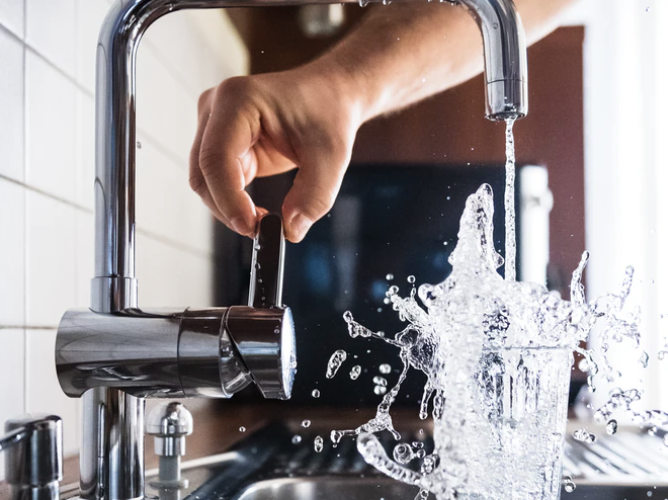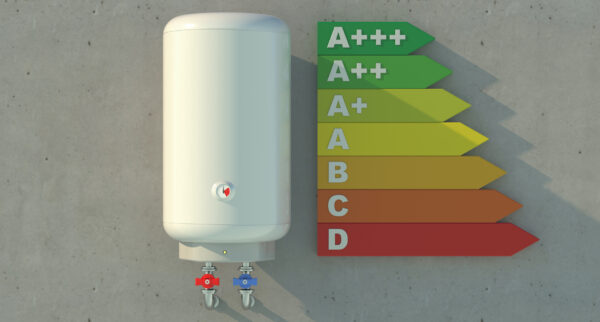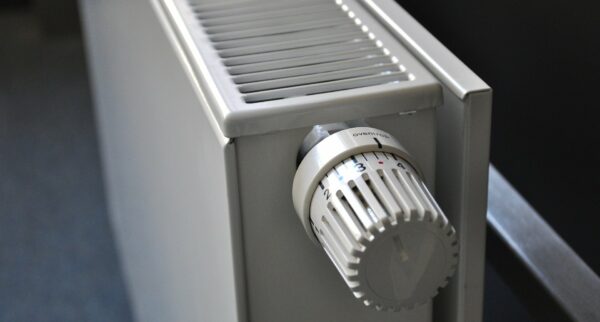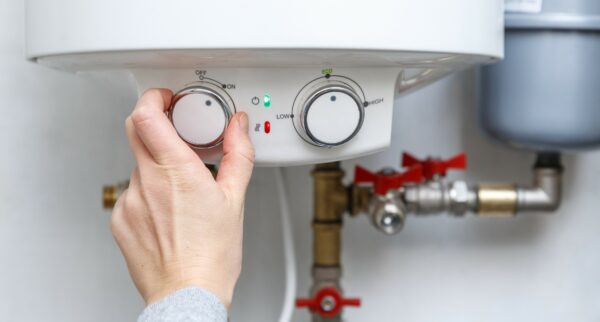Call us today 0207 32 32 999
Low water pressure is a common cause of problems in central heating systems, but few people know that excessively high pressure can also cause issues in the home. If you’re unsure what water pressure is too high, then there are a few things that you can do to diagnose and fix the problem. Sometimes, high water pressure can be fixed quickly with minimal interruption to any heating system. However, more serious cases might require the assistance of an experienced professional, and can take a little longer to resolve.
Learn how to resolve your high water pressure with our steps below.
Table of Contents
ToggleHow to fix high water pressure in the house
If you’re struggling to resolve your heating problems and think that high water pressure could be to blame, take a look at the following tips from our experts.
1) Checking for high house water pressure
High water pressure is often quite an easy problem to detect because it comes with some very clear side effects. One of the main giveaways of high house water pressure is noise. Banging sounds coming from the pipes usually indicate a problem with pressure, and these noises tend to be very noticeable when the water pressure is too high.
When water flows through pipes at too high a pressure, damage can easily be done. Domestic pipes are designed to withstand only a certain level of pressure, so high pressure may well cause pipes to burst. This doesn’t necessarily mean that pipes will burst in a dramatic fashion and completely flood your house, though. Small leaks tend to occur first as a result of the increase in pressure, giving you a chance to get on top of the problem before more damage is caused.
What if water pressure reaches 100 psi?
You need to reach out to a professional if your house water pressure is 100 psi or more as this could indicate a larger problem that cannot be fixed within your home.
If taps are leaking for no obvious reason, or spraying water starts to appear beside the main stream of water coming from your taps, then this too could indicate overly high water pressure. Check your cold taps and see whether you can spot any issues that might suggest that the water pressure is too high.
2) Use a gauge to find out what your house water pressure is
A water pressure gauge is a handy tool that you’ll be able to pick up in most good DIY or plumbing stores. The gauge can be used to measure the pressure of water in your house, and it’ll give you a reading that will tell you for definite whether or not the pressure is normal.
The test can be done as a DIY job, or you can choose to contact an engineer to perform the test if you prefer. Test your pressure with the following steps:
- To test the pressure, you’ll need to attach your pressure gauge to a male threaded faucet. These can be found on connections such as your heater drain connection, and should be easily accessible.
- Once the gauge is connected, you just need to turn your water on to test the pressure.
- Your gauge will then give you a reading indicating the pressure of the water. If the reading is over 80 PSI, then your water pressure is definitely too high.
If you have some experience in plumbing, or you’re a confident handyman, then you shouldn’t have any trouble performing this test yourself. However, those with no experience are best advised to contact an engineer, who will be able to check the pressure more accurately.
3) A pressure reduction valve could be the answer
Systems that struggle with excessively high water pressure will often benefit from the addition of a water pressure regulator. This is a valve which is attached to the system from the point at which water enters the house from the nearby meter.
Sometimes, a problem with the regulator can be the cause of high house water pressure, so if your property already has one of these we recommend you book in an engineer to check whether it might need to be replaced or repaired.
If you don’t have a regulator valve, then an engineer will be able to fit one for you. This task can be carried out by all qualified plumbers. It’s a relatively simple task which won’t take long for an experienced professional, but it’s not something we’d advise undertaking as a DIY job.
Get in touch with your water supplier
In many cases, high house water pressure is nothing to do with the plumbing inside your home. It can also be caused by an issue within the water network itself. If your pressure gauge shows excessively high readings, then you may need to speak to your water supplier.
When the pressure reaches levels of 100 PSI or above, it usually indicates an issue within the water network, rather than something within the home. Get in touch with a representative from your water supplier to discuss the problem, and they’ll be able to advise you on what they can do to fix the pressure.
Excessively high house water pressure can quickly start to cause damage to your property, ranging from broken and leaking pipes to malfunctioning appliances. So your water supplier will need to take action to resolve the issue quickly, before more serious problems start to emerge.
If you’re in any doubt, seek the advice of a qualified plumber who will be able to check whether or not the pressure of the water coming into your home is too high, and whether your water supplier should be taking any action.
Get help on how to resolve high house water pressure
If your home water pressure is too high, there are plenty of steps that can take to get your water pressure back within a normal range.
Try out some of the home tips from our team, and see if you can get your systems back in full working order. If these steps don’t resolve the issue, get in touch with a qualified engineer who will be able to advise you on what needs to happen next.
For more tips and tricks on fixing common home plumbing problems, keep an eye on our blog. Our experts will be talking you through the heating issues that we most often see, and letting you know what you need to do to fix them. You might be surprised by how many problems you can fix yourself, once you know-how.
Get in touch for any information on resolving high house water pressure or how to keep your boiler in peak condition.





